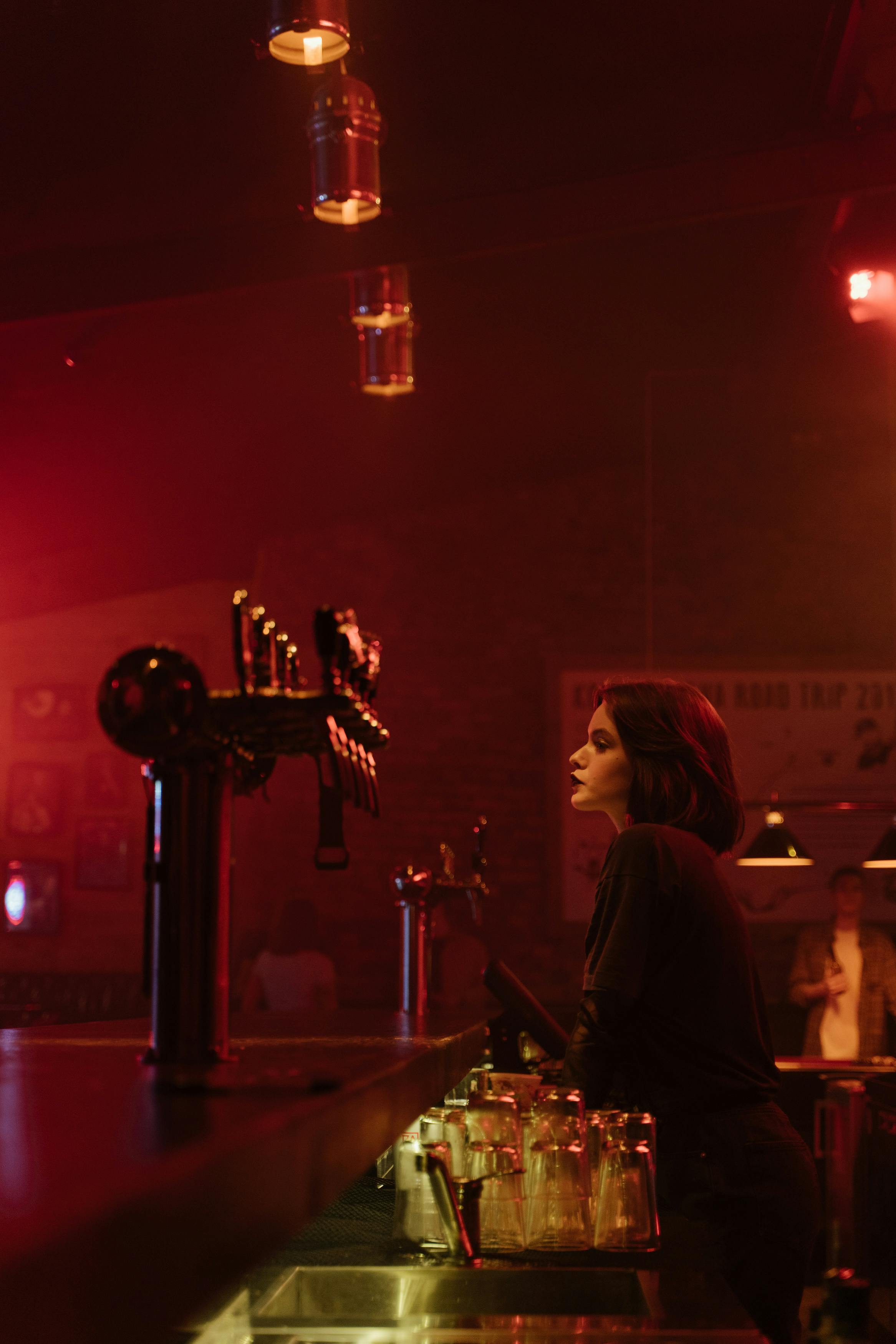F L A U N T


Across the country, happy hour looks a little different these days. The once-sacred ritual of grabbing a beer after work is being replaced by something lighter, brighter, and better for your gut. Millennials and Gen Z are driving a quiet revolution in nightlife and self-care — one fueled by kombucha, kava, adaptogenic tonics, and other functional beverages designed to relax the body without numbing the mind.
These drinks aren’t just a fad. They’re part of a broader movement away from intoxication and toward intention. For many, alcohol’s trade-offs — fatigue, poor sleep, and dehydration — simply don’t fit a lifestyle centered on wellness and productivity.
Millennials grew up watching older generations glorify binge drinking. But they also witnessed the aftermath - the health scares, the regrets, the wasted weekends. The modern professional has little patience for that cycle. They want to unwind after work, not derail their next morning.
That’s where functional drinks come in. Kombucha offers fizz and flavor with probiotics for gut health. Kava provides calm through gentle natural relaxation. Herbal blends with magnesium, L-theanine, or ashwagandha promise serenity without sedation. The result is the same social ritual - minus the side effects.
What’s happening isn’t just a lifestyle change — it’s a full-blown economic shift. Bars and cafés are adding wellness-oriented menus, from probiotic spritzers to adaptogenic mocktails. Beverage startups are booming, crafting drinks that look and feel as sophisticated as cocktails, but with ingredients that support mental clarity and balance.
Brands like Hometown Hero are even experimenting with botanical infusions and mood-enhancing formulations, bridging the gap between fun and functional. The goal isn’t to eliminate social drinking — it’s to evolve it. People still crave connection; they’re just choosing better fuel for it.
This shift is about more than just wellness — it’s about control. Functional beverages let people enjoy the ritual of relaxation without surrendering clarity. You can socialize, stay sharp, and still drive home safely. For millennials juggling careers, relationships, and health goals, that balance is priceless.
Even the psychology of “drinking” is preserved. The glass, the garnish, the flavor profile — it all feels familiar. What’s missing is only what people no longer want: hangovers, regrets, and brain fog.
In cities from Sydney to Seattle, kava lounges and kombucha bars are replacing pubs as go-to hangouts for health-conscious professionals. These spaces have a similar social energy — laughter, music, shared experiences — but with none of the chaos or next-day consequences.
The dating scene is following suit. “Want to grab drinks?” no longer assumes alcohol. Now it might mean a turmeric latte, a sparkling adaptogen tonic, or a cold-brew kava shot. The social norms around drinking are expanding, and the stigma around abstaining is disappearing.
Millennials are entering their peak earning years, and their preferences are already reshaping global beverage markets. Alcohol sales are plateauing, while the functional-drink sector is growing at double-digit rates annually.
The message is clear: wellness and social life no longer have to be opposites.
From kombucha to kava, the new generation of mindful drinkers is proving that you don’t have to dull your senses to have a good time. The future of nightlife is clear-headed — and it tastes a lot like ginger, hibiscus, and calm.